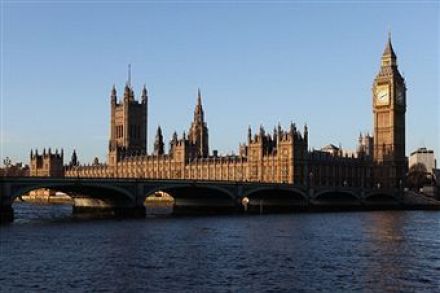Amending the AV bill
Yesterday, the coalition said it would try and overturn all four of the Lords’ amendments to the AV bill. But today it announced that it would accept the one saying that the Isle of Wight should not be combined with anywhere on the mainland. But—and this is where the controversy comes—the Isle of Wight will now be divided into two seats. This is leading to complaints that the Tories are creating an extra seat for themselves as the Isle of Wight is fairly solid Tory territory. The Tories are, reasonably enough, pointing out that these Isle of Wight seats — at about 50,000 each — would be far bigger than
















